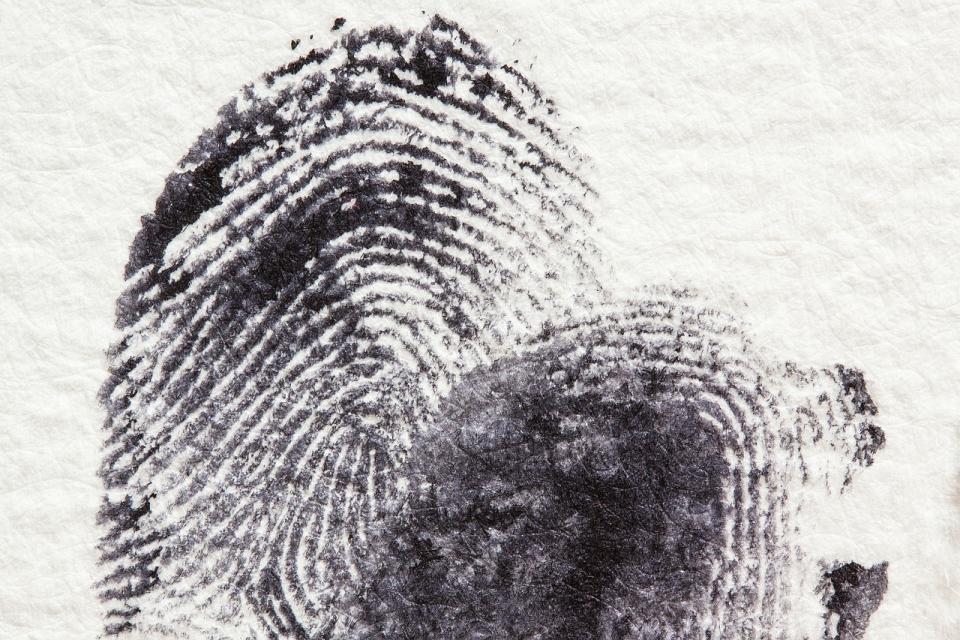China accused of 'unjustifiable' DNA sample collection
Blood, fingerprints and iris scans have been taken from residents in Xinjiang.
China has been quietly collecting biometric data from millions of people in Xinjiang, according to a new report from Human Rights Watch (HRW). Since February, authorities have been gathering DNA samples, fingerprints and eye scans of those in the region, which apart from Tibet is the only region where ethnic Han Chinese are not in the majority. The government imposes tighter surveillance controls here than anywhere else in the country.
According to the Xinjiang government website, the data -- taken from everyone between the age of 12 and 65 -- will be linked to household registration cards (hukou), which already limits residents' access to healthcare, housing and education. The government document states that "regulating the management of identification cards is the foundation to creating a basic population database, based on one's ID numbers, for the autonomous region".
However, HRW claims compulsory biodata collection has "particularly abusive potential" and "hardly seems justifiable as a security measure" considering the extensive controls already implemented in the Xinjiang region. According to Sophie Richardson, China director for HRW, "Chinese authorities seem to think they can achieve 'social stability' by placing people under a microscope, but these abusive programs are more likely to deepen hostility towards the government".
China, which has pushed biometric data collection for years, isn't the first country to implement such a scheme. In 2009, India set up a "voluntary" scheme, Aadhaar, which was billed as a way to streamline benefit payments and reduce fraud, but in recent times has become mandatory for carrying out basic financial business such as opening bank accounts and even making payments over a certain amount.
Critics of the scheme say Aadhaar gives the government unacceptable powers of surveillance, and following several data breaches, also puts citizen's privacy at risk. However, a landmark judgement earlier this year ruled that Indian citizens have a fundamental right to privacy. It's very unlikely that authorities in China, with its zero-tolerance approach to anything that could upset government control, would pass the same judgement.


